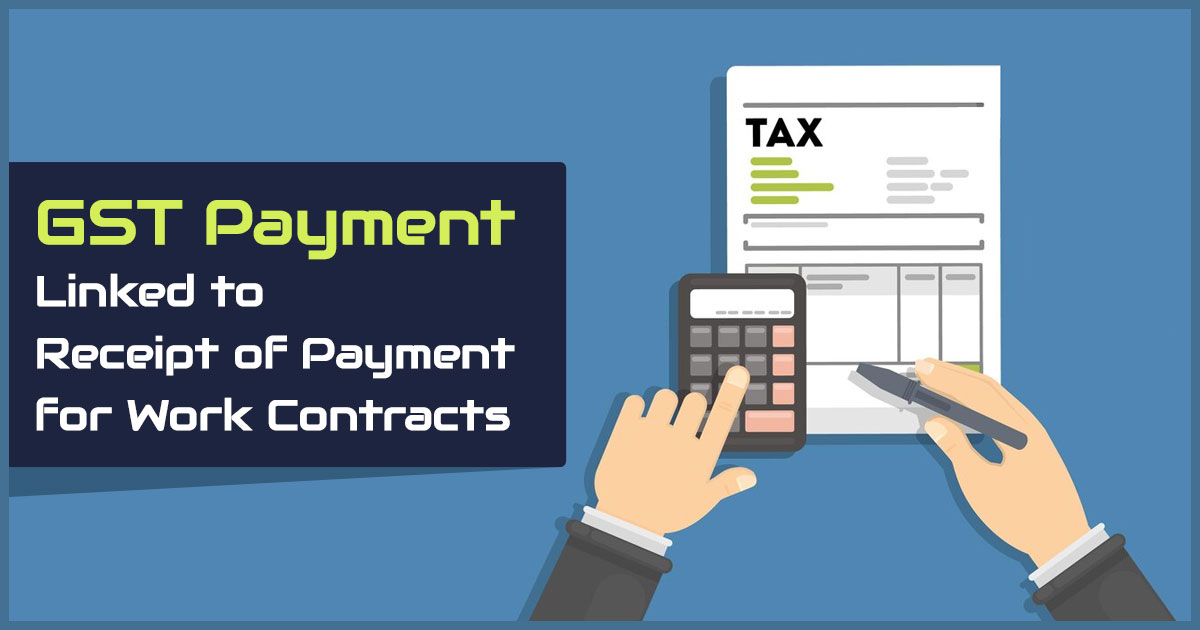
The Calcutta High Court has made an observation that the payment of GST should be made upon receiving payment for the execution of work contracts.
Dipak Sarkar, the petitioner, is a contractor responsible for carrying out projects on behalf of the State Government. The petitioner’s concern arises from the fact that the Notification dated 16th August 2017, does not address payments made in the post-GST era in relation to contracts or projects for which estimates were approved before 1st July 2017. In other words, these are work orders that were issued before the GST regime came into effect but were executed after its implementation of GST.
The petitioner has also raised objections regarding the violation of natural justice principles, arguing that they were not given an opportunity to be heard.
On behalf of the respondent authorities, it has been argued that the disputed contract was executed on 20th August 2018, by the Superintending Engineer P.W.D. North Bengal Construction Circle No.1, Bhola Ashram, Cooch Behar. Furthermore, the completion certificate was issued on 8th July 2023.
Read Also: Past, Present, and Future Scenario of GST Regime
They argue that, in such circumstances, the pre-GST regime is not applicable, as the contract was awarded and executed after the Act came into effect. Hence, there is no ambiguity or need for clarification.
The authorities also assert that the petitioner was provided with a sufficient opportunity to support their claim of non-applicability of the GST amount of Rs. 1,90,67,822/-, which was received in connection with work contracts executed after the GST regime. They argue that the petitioners willfully misrepresented the facts, leading to the initiation of appropriate proceedings under Section 74 of the Act, which culminated in the challenged order.
A Single Judge Bench, presided over by Justice Ravi Krishan Kapur, noted that the impugned order is well-reasoned and clearly states that the petitioner received full payment for the execution of work contracts during the post-GST era. Therefore, the petitioner was obligated to pay GST on such payments, and this should have been done after filing the appropriate forms. The petitioner’s argument that the tax was not paid by the Department is also legally untenable, and the petitioner’s non-payment of GST is in violation of the provisions of the Act.









